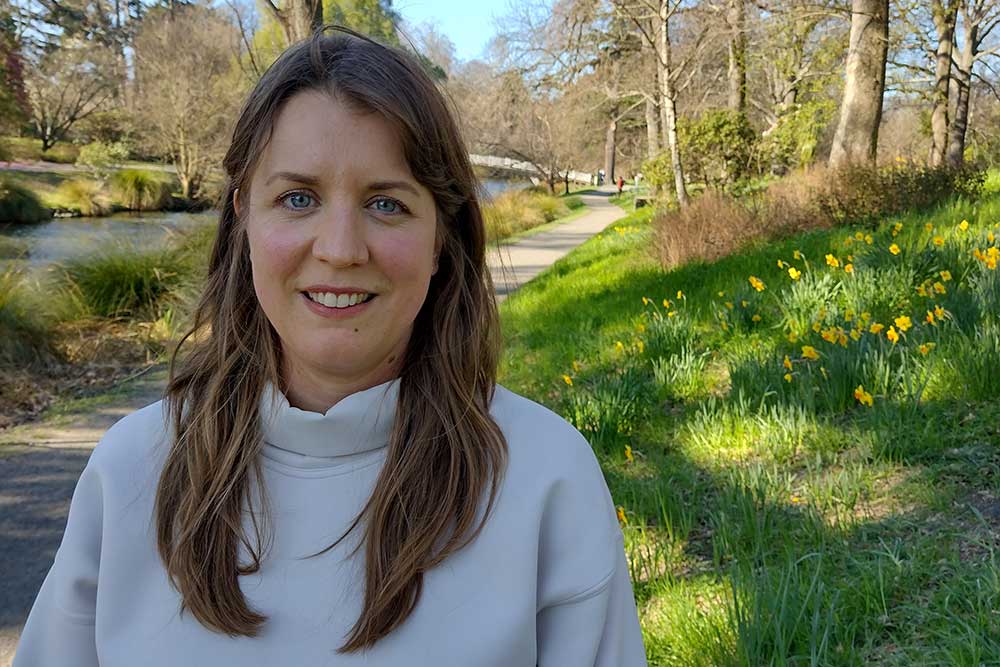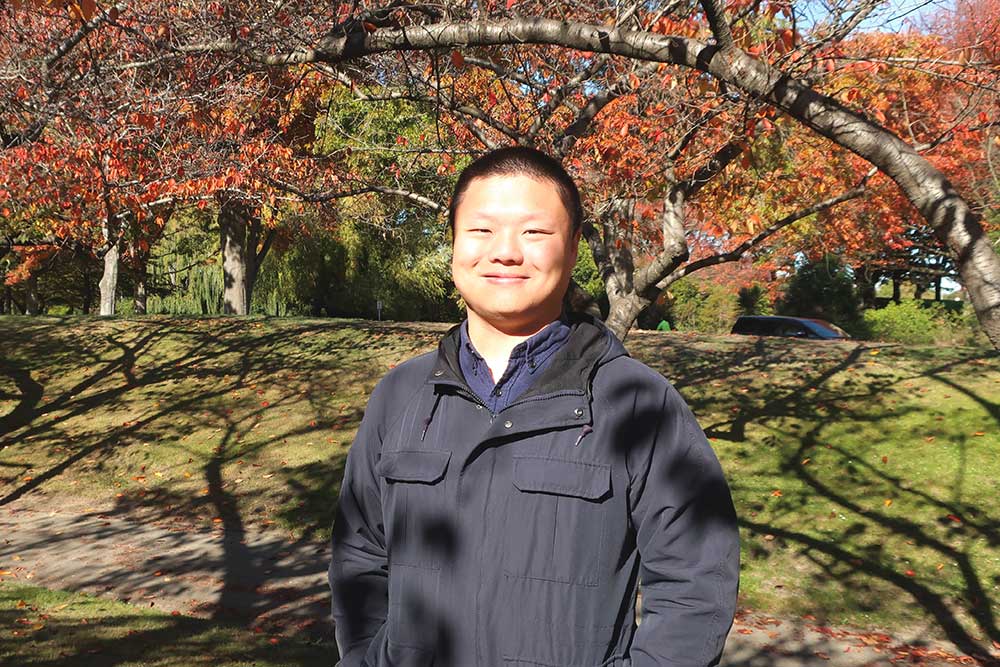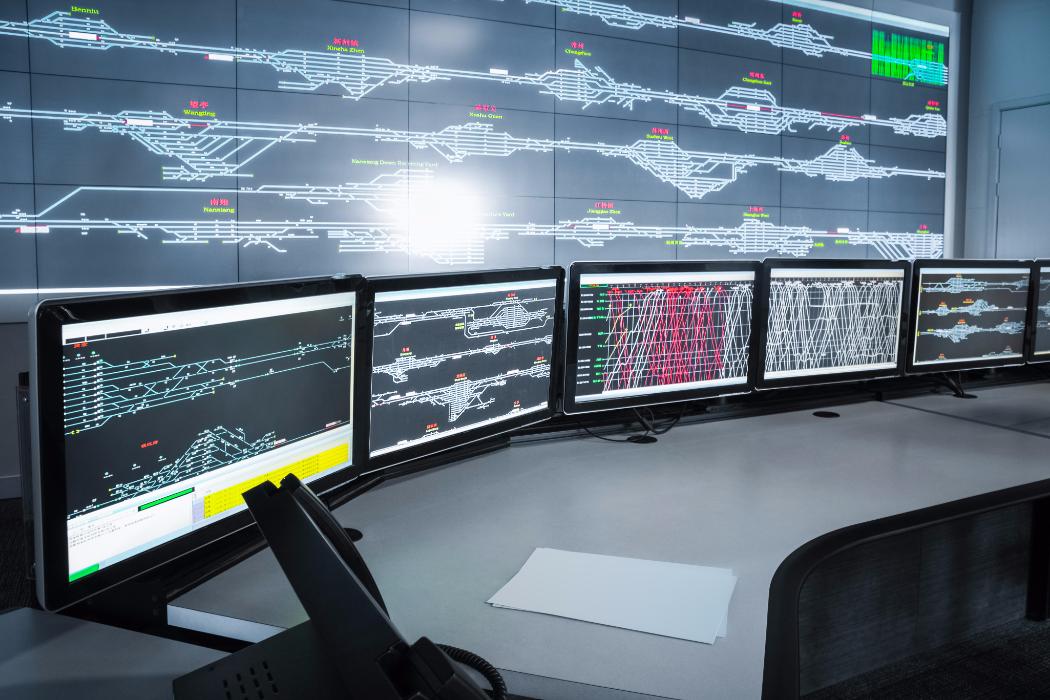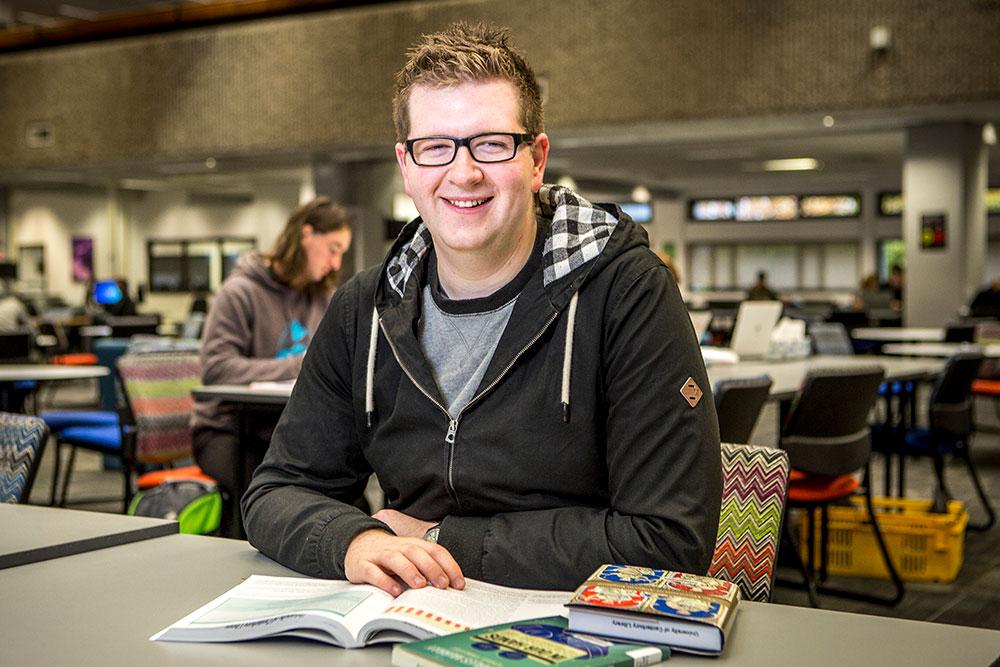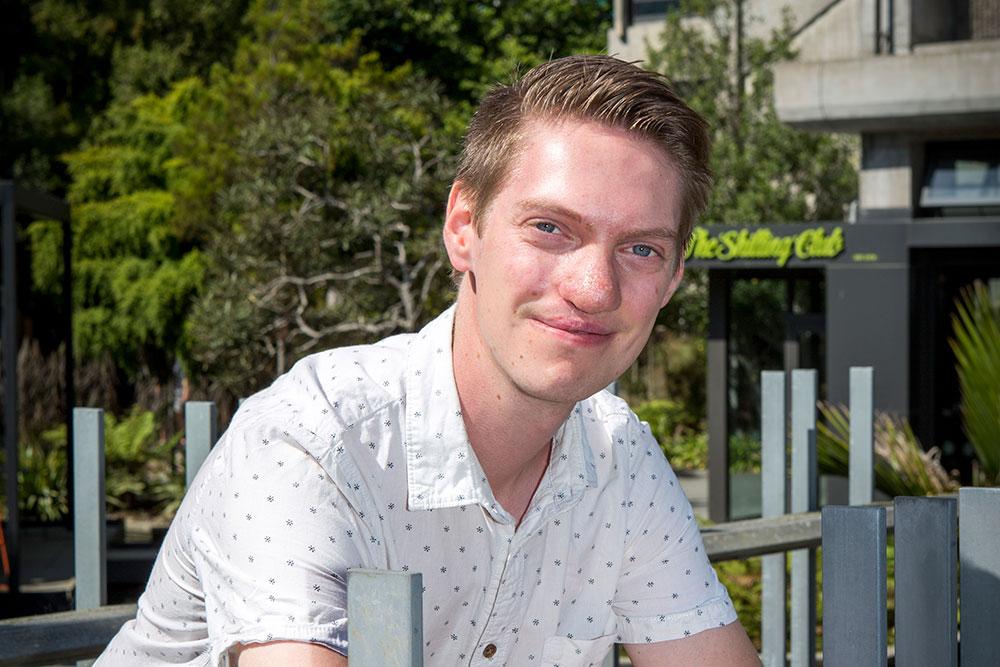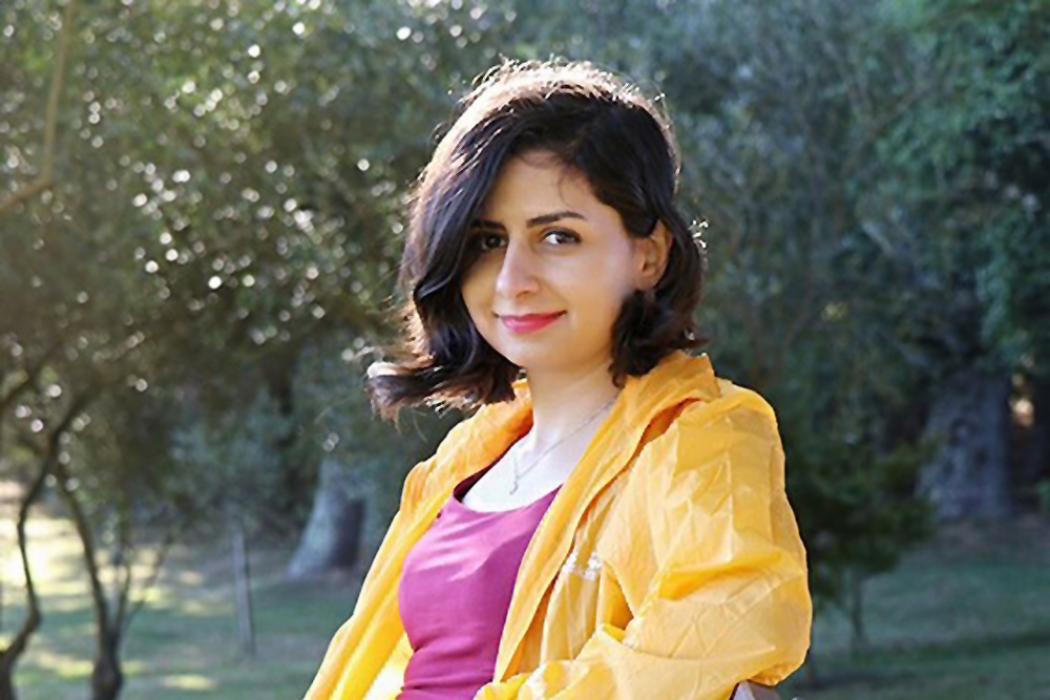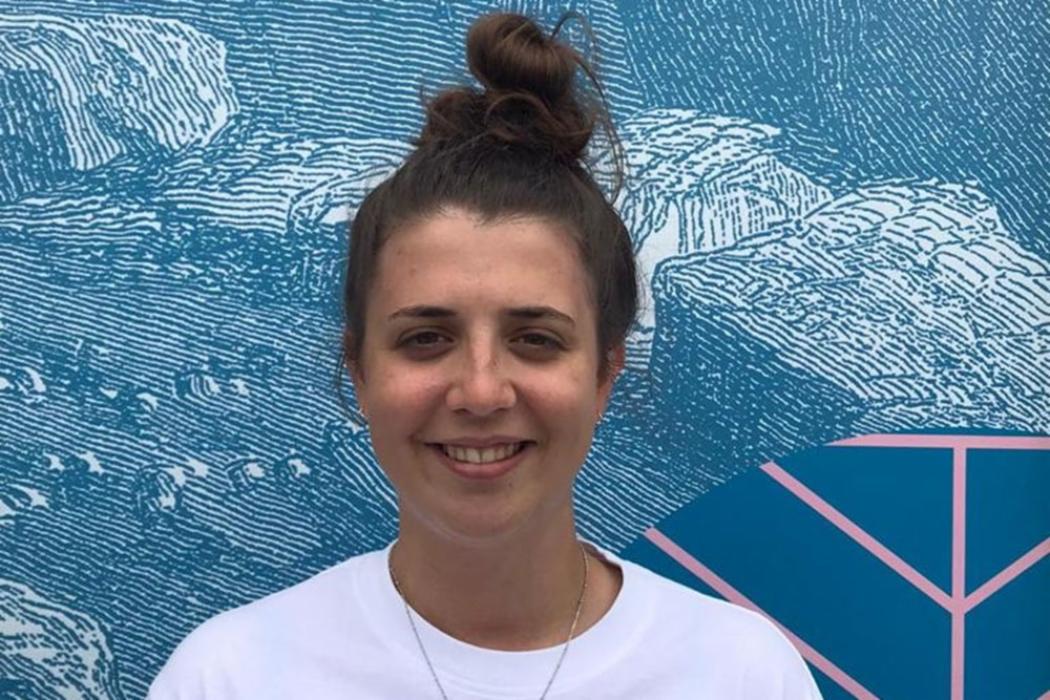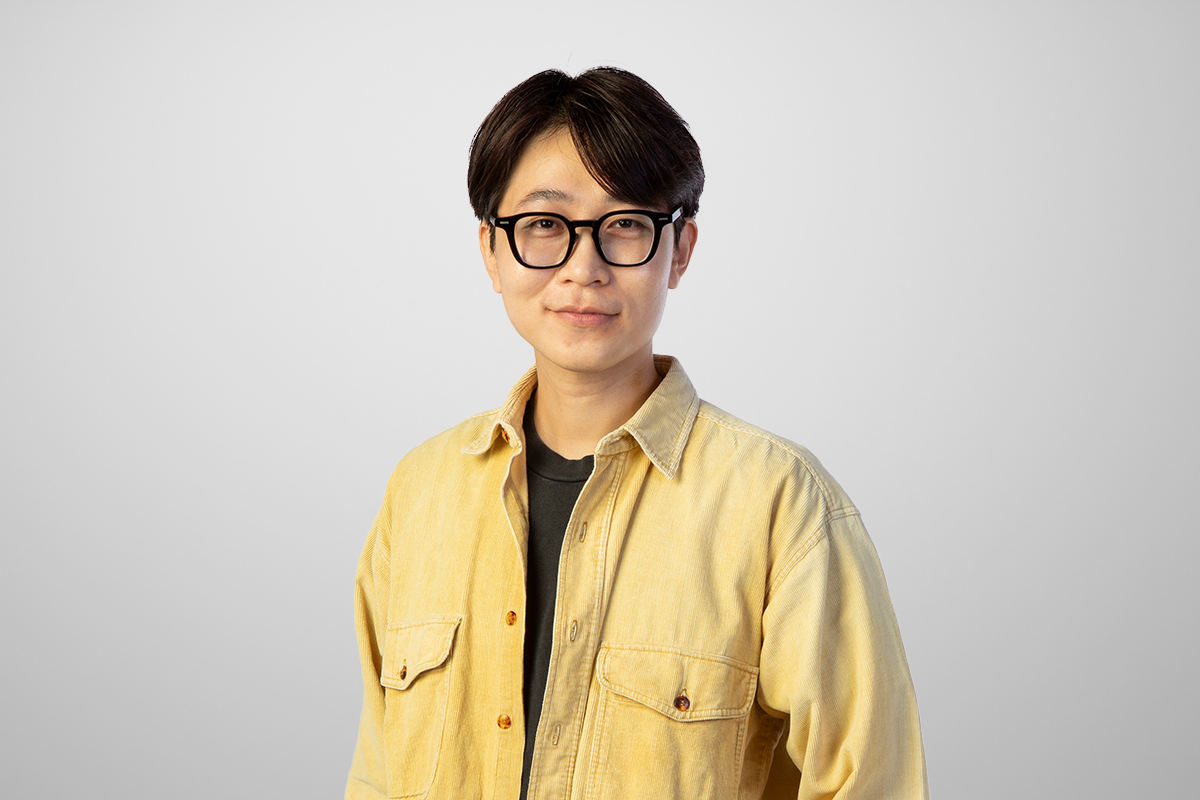PhD in Earthquake Engineering
What inspired you to go into engineering?
I have always been very attached to my dad. He worked all his life in the construction sector, and growing up I would always chase after him, help him organise his tools, climb up and down the construction vehicles, and hear all sorts of stories about his work. I think that those moments with my dad were the sparks that lit my passion for civil engineering.
Why is earthquake engineering your focus?
My first earthquake reconnaissance was when I was one year old. The Limon Earthquake was the highest magnitude quake recorded for the entire planet that year, and it occurred in my parents’ hometown.
Costa Rica has high seismicity with numerous destructive earthquakes. Yet, with strikingly lower earthquake losses than other countries in the area, we can tell a story of 48 years of success in seismic risk prevention. Thanks to this, I developed an early awareness of seismic risk, which has shaped my career choices.
After studying and working in Costa Rica and Italy, what inspired you to go to UC?
The Civil Engineering Department of the University of Canterbury is very well known in the Earthquake Engineering community. Firstly, because it was the home of famous engineers: Bob Park, Tom Paulay, and Nigel Priestley who contributed greatly to the field of earthquake engineering. And secondly, because of the research undertaken, particularly after the Canterbury Earthquake Sequence.
I learned about both, the lessons learnt during the earthquakes and the legacy of the UC engineers, during my master’s studies, and that motivated me to apply for a PhD position at UC.
What’s been the most interesting part of your research?
My postgraduate studies have allowed me to keep up with the most innovative solutions and pioneering research influencing earthquake engineering practice. I think this knowledge and expertise can serve as a tool to contribute to the global effort to mitigate seismic risk and develop quake-resilient communities.
Do you have any advice for other PhD students?
For someone going into Earthquake Engineering I would advise to be open to take different courses and to give it a try to different areas as it is a broad field of study. Once you know where your passion is, set yourself some goals and aspirations, that’s the first step! Also, try to engage in networking activities to build your own network of mentors and role models.
What kind of activities did you do?
I joined QuakeCoRE and UC as an Engineering Engagement Volunteer, participating in events such as WiE CAN.
Furthermore, I engaged with the Christchurch community as a volunteer supporting survivors of sexual violence, and aiding self-defence courses aiming to rebuild confidence in the female Muslim community after the terror attacks.
How have you found it as a woman in the engineering field?
For women in engineering, role models are few and far between. When I came out of my undergrad, I noticed that my peers were men and women, and the people above me were men, but I thought that would change. You know, previous generations had done an amazing job fighting for equality, and I believed it was now ours for the taking. However, year after year, I was one of fewer and fewer, and now, often the only woman in a room.
The number of girls choosing engineering as a career is definitely growing, but we need to support more women moving into leadership positions. I believe that increasing the number of role models and mentors is one of the best ways to inspire young women into aspiring for higher education, ambitious jobs, and leadership roles in the broad field of engineering.
You’ve accomplished a lot already in that space! Where to from here?
I am planning to move to Canada with my partner, and I’m looking forward to moving back into the industry and working as a structural engineer. I found that I enjoy working with multidisciplinary teams, and so, I aspire to eventually move into a leadership position that will allow me to remain involved in technical projects, creatively collaborating with different team members to provide optimal solutions and to help build an inclusive work environment.



